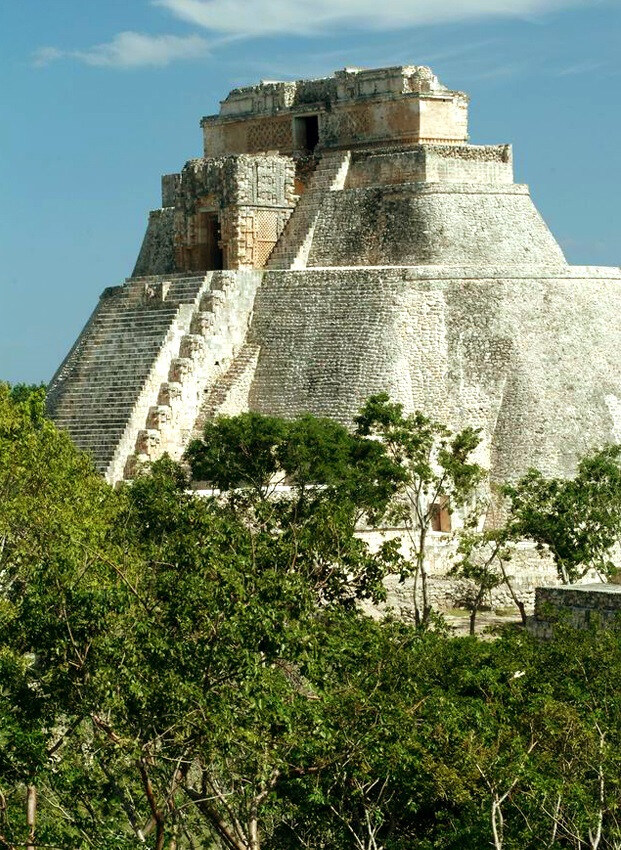Interview with Vanessa Rubio, Undersecretary for Latin America and the Caribbean

Mexico’s economy is incredibly interlinked with the US, which consumes 80% of Mexican exports; is the Pacific Alliance an attempt to end overdependence on America?
Actually we have been looking to improve our ties with the rest of Latin America for quite a while now. And although 80% may seem a lot we actually used to send 90% of exports to the US. Another important trading partner is the EU and we now have ten free trade agreements (FTAs) that give us access to 44 countries. So the trend of economic diversification is not a new one. The Pacific Alliance comes on the back of other regional initiatives, for example we have an FTA with Central America. That said, geography still remains a huge factor in trade. And we are keen to work with the US because it’s a large, lucrative market for our goods and one where our location gives us a competitive edge.
In recent years there has been a renewed focus on Mesoamerica – the ancient culture that spread across much of what today forms southern Mexico, Central America and northern Colombia. What is your government doing to be part of this region?
Historically we have had an involvement in Central America through the San Jose agreement. During the 1990s, when both Mexico and Venezuela were the major exporters of crude oil to the region, we agreed that some of the sales revenue should go into a fund that could be used to fund Central American infrastructure projects.
The joint agreement came to an end in the late 1990s but Mexico retained a fund, which is growing each year. This now acts as a development fund for Mesoamerica and we currently are working on infrastructure projects in Belize, Honduras, Nicaragua, Guatemala and a bridge that will link Panama and Costa Rica.
The development of better infrastructure in Central America is very important for us. This government realises that a more peaceful and developed Central America will lead to a more peaceful and developed Mexico, especially in the South. And we are fulfilling that vision in a very pragmatic way.

Security is another issue that we share with Central America. Again we recognise that the creation of jobs, social cohesion and economic development leads to a better security environment. So we are working with the Central American countries on several cross border initiatives involving health, security and trade. We are also improving the exchange of information between our respective organisations and institutions.
Many analysts believe that the Pacific Alliance has been created as a counterweight to Brazil’s huge influence in the region; have you had to assuage other Latin American countries that the Alliance is not a threat?
The Pacific Alliance was created with an open and inclusive vision. Mexico’s foreign policy is based on the understanding that Latin America is a diverse region and that there is value in each of the multinational fora that exist. In the 1990s there was just the Americas Summit but now you have many useful bodies. Celac, for instance, is the first time that the 33 countries in the region including the Caribbean are joined through a single fora. Sica is another interesting development and Mexico has an important dialogue with its members. Then you have others, such as the association of the Caribbean, Mercosur and Unasur, all of which play a viable role. It is great to have so many of these fora and the more that we can bridge them and create synergies, the better and more influential the region will become. That’s Mexico’s vision of Latin America and we will be working hard on that.
As for Brazil, I think it is interesting to note that Peña Nieto’s first international meeting as president was with Dilma Rouseff back in January. They both agreed that Latin America needs Mexico and Brazil to cooperate and communicate. We are working on that trying to ensure that the interaction will deliver more tangible results. The previous idea - that we either had an FTA with Brazil or we had no interaction at all - was incorrect. Instead we should find ways to work on lots of different levels and issues because ultimately we are the two biggest economies of the region. We both have regional and global interests, of course some will coincide and some will not, but we need a relationship regardless. This doesn’t just affect us - the whole region needs Mexico and Brazil to have a more fruitful relationship than they have had in the past.